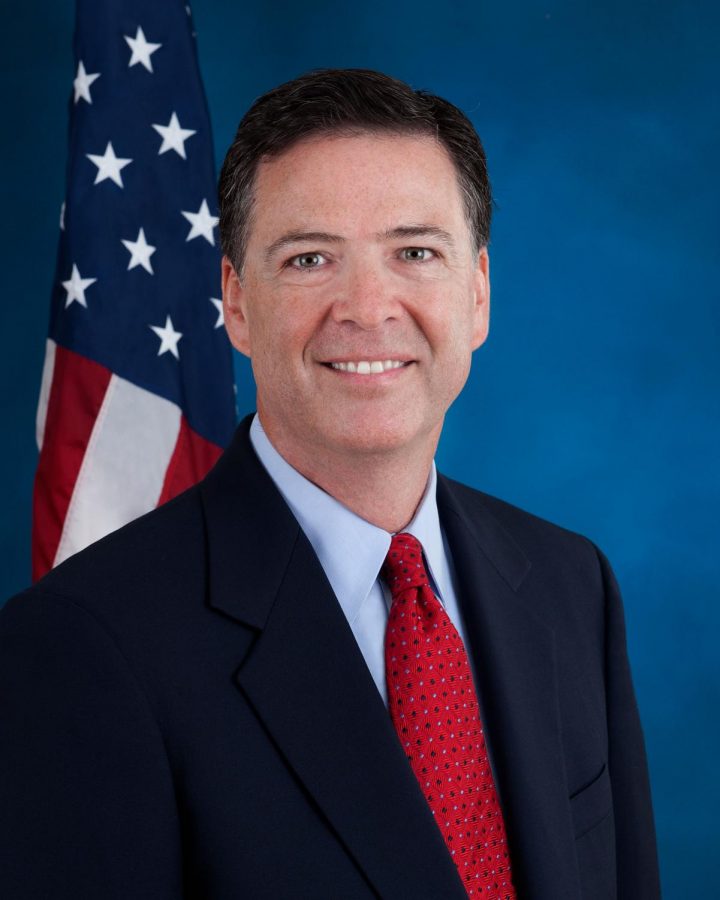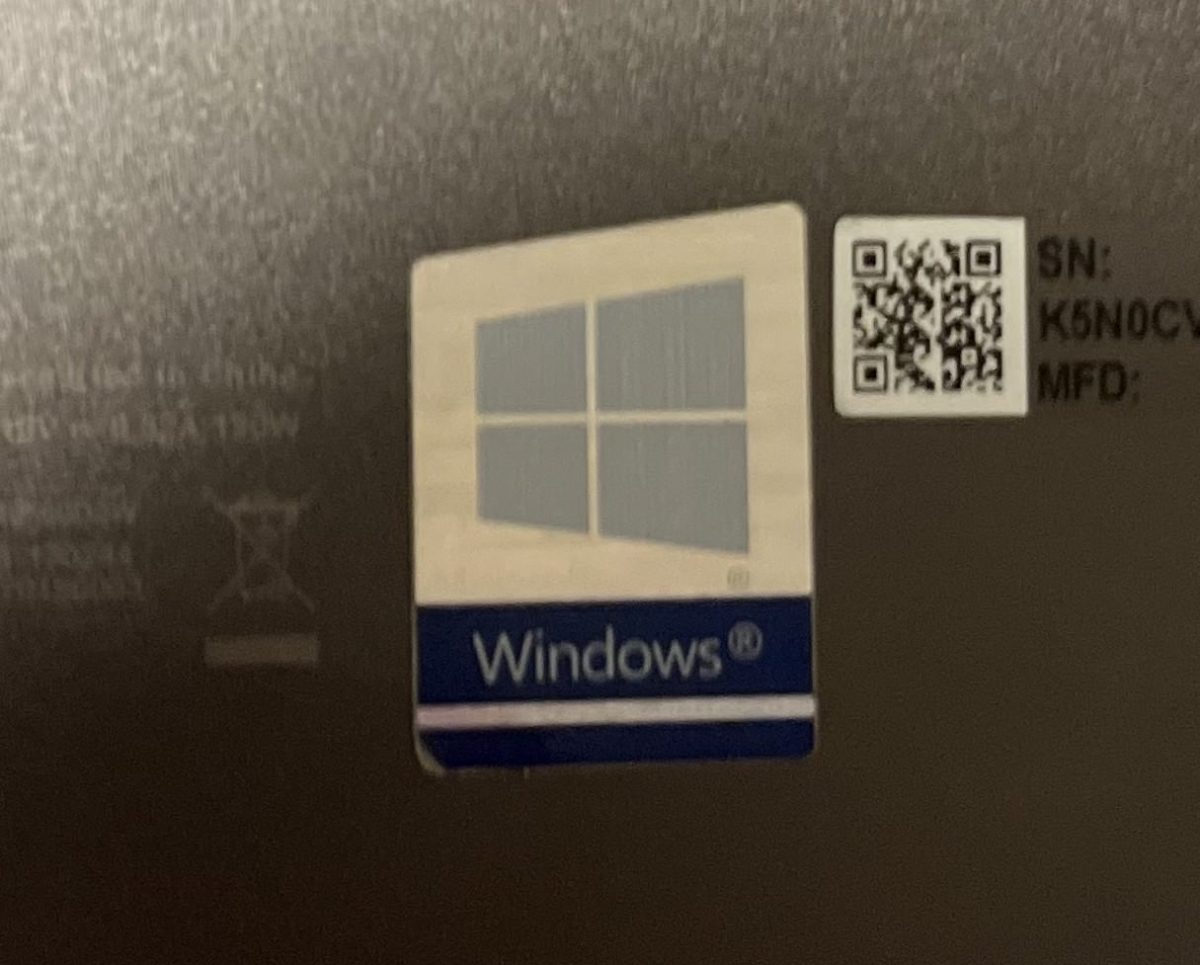Former FBI director James Comey has always maintained a relatively inconspicuous public image. At once head of the Clinton investigation and prominent denouncer of Trump, Comey has attracted both praise and criticism from Republicans and Democrats alike, flitting from partisan hero to villain and back again. This week, however, may signify a marked shift in the public’s view of him: for the first time in over six months, Comey subjected himself to three high-profile tell-all interviews, spilling secrets and opinions on the past 10 years. Only one question remains – why, exactly, is Comey doing this?
One reason involves the promotion of his new book, “A Higher Loyalty: Truth, Lies, and Leadership,” another autobiographical tell-all that details his relationship with the Bushes, Trump and the Clinton investigation. In it, Comey explains the reasoning behind his own actions during his career and touches on the Trump administration’s propensity to promote false or self-serving information.
Another, perhaps more pressing reason is that he wants to assure the people that the FBI cannot be swayed by politics. He places a heavy emphasis on the inevitable – in a session with ABC, for example, Comey repeatedly stated that the Clinton situation was going to harm the FBI’s reputation no matter what direction he took, saying, “We’ve just opened a criminal investigation of one of the people who will likely be candidate for president of the United States in the middle of that viciously partisan atmosphere. One half of the partisan divide is going to be angry at us no matter what we do.”
It is this new light that is at the heart of his book, Comey’s own affirmation that he is influenced by nothing but his own higher loyalty to justice and law – and certainly not Trump’s expectations. In a scathing interview with ABC anchor George Stephanopoulos, Comey stated, “Our president must embody respect and adhere to the values that are at the core of this country, the most important being truth. This president is not able to do that. He is morally unfit to be president.” He also claimed that Trump asked for Comey’s personal loyalty during their first meeting.
Trump was quick to fire back on Twitter, writing, “I never asked Comey for Personal Loyalty. I hardly even knew this guy. Just another of his many lies. His ‘memos’ are self serving and FAKE!” The Trump administration also became involved, sending press secretary Sarah Sanders to ABC to combat Comey’s story. “The guy is known to be a liar and a leaker,” she said.
When it comes to the general public, however, views are split. Some feel that the interviews are a valuable look into a tumultuous presidency, boosting Comey’s reputation; others feel that, with their barrage of insults, they are only hurting Comey’s image. “Today’s politics are full of surface-level attacks,” said junior Regan Breen, “but any information is useful when it comes to the Trump situation.”
The more Comey continues to do interviews, the more he hurts or helps his image. It remains yet to be seen whether or not his actions will clear the muddy waters of modern politics.










